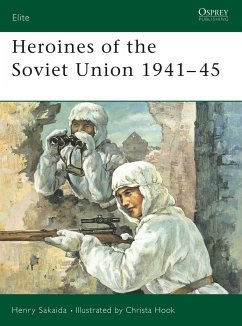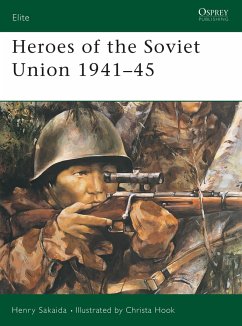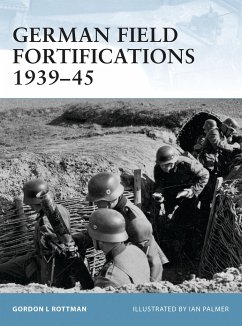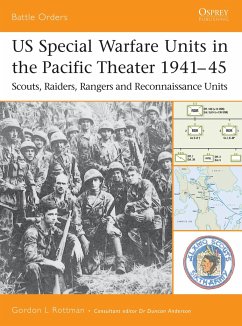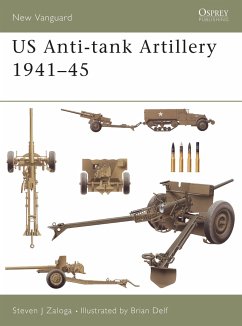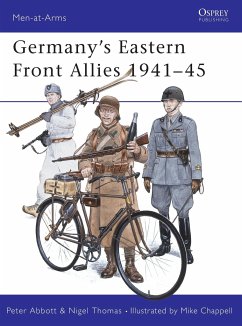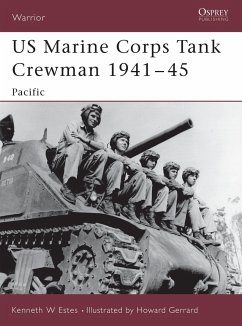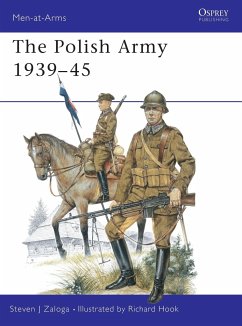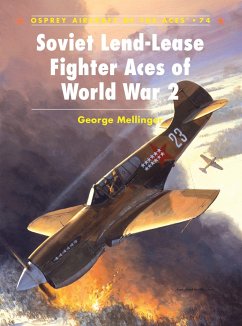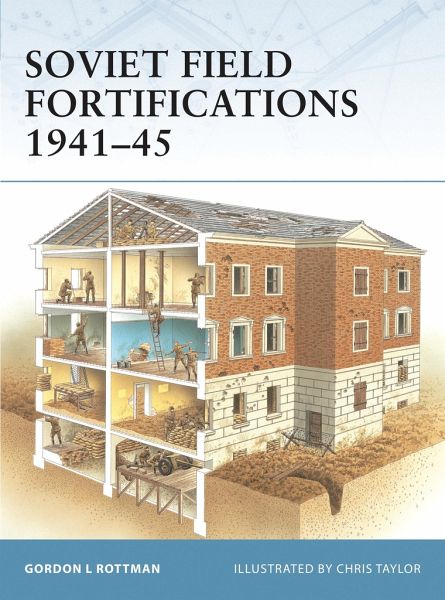
Soviet Field Fortifications 1941-45
Versandkostenfrei!
Versandfertig in über 4 Wochen
16,99 €
inkl. MwSt.
Weitere Ausgaben:

PAYBACK Punkte
8 °P sammeln!
From June 1941, the Soviets were forced to undertake large-scale defensive operations in the face of the overwhelming German blitzkrieg assault, operations which ran counter to their preference for highly mobile, offensive warfare. Lessons were quickly learned across a wide variety of terrain and climates, including the open steppes, dense forests, wooded swamps, cities, and in snow and ice, where the availability of construction materials differed greatly. The first to cover this topic in the English language and containing detailed information about the trenches, bunkers, observation posts, ...
From June 1941, the Soviets were forced to undertake large-scale defensive operations in the face of the overwhelming German blitzkrieg assault, operations which ran counter to their preference for highly mobile, offensive warfare. Lessons were quickly learned across a wide variety of terrain and climates, including the open steppes, dense forests, wooded swamps, cities, and in snow and ice, where the availability of construction materials differed greatly. The first to cover this topic in the English language and containing detailed information about the trenches, bunkers, observation posts, and weapon positions, this book examines field fortifications built from local materials by infantrymen, as well as their use of mines, field camouflage techniques, and construction tools. It provides a first fascinating insight into Russian defensive attempts against the overwhelming might of the German Army.




